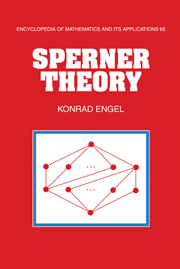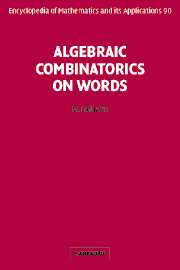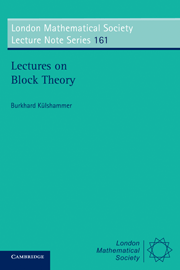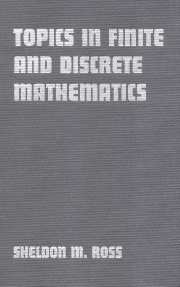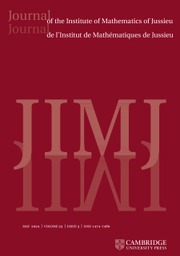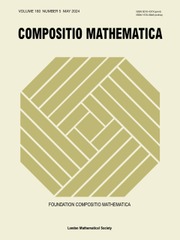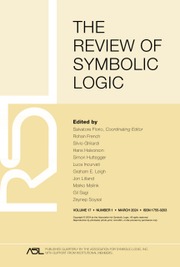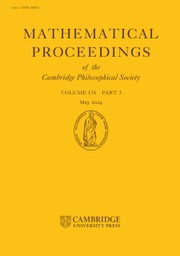Sperner Theory
The starting point of this book is Sperner's theorem, which answers the question: What is the maximum possible size of a family of pairwise (with respect to inclusion) subsets of a finite set? This theorem stimulated the development of a fast growing theory dealing with external problems on finite sets and, more generally, on finite partially ordered sets. This book presents Sperner theory from a unified point of view, bringing combinatorial techniques together with methods from programming, linear algebra, Lie-algebra representations and eigenvalue methods, probability theory, and enumerative combinatorics. Researchers and graduate students in discrete mathematics, optimisation, algebra, probability theory, number theory, and geometry will find many powerful new methods arising from Sperner theory.
- Presents a modern part of combinatorics and combinatorial optimisation from a unifying point of view
- A guide for researchers that is also accessible to graduate students
Reviews & endorsements
'The presentation is very good and the book should be understandable for a non-specialist.' European Mathematical Society
Product details
February 2011Adobe eBook Reader
9780511884290
0 pages
0kg
25 b/w illus. 1 table
This ISBN is for an eBook version which is distributed on our behalf by a third party.
Table of Contents
- 1. Introduction
- 2. Extremal problems for finite sets
- 3. Profile-polytopes
- 4. The flow-theoretic approach
- 5. Symmetric chain orders
- 6. Algebraic methods in Sperner theory
- 7. Limit theorems
- 8. Macaulay posets.

